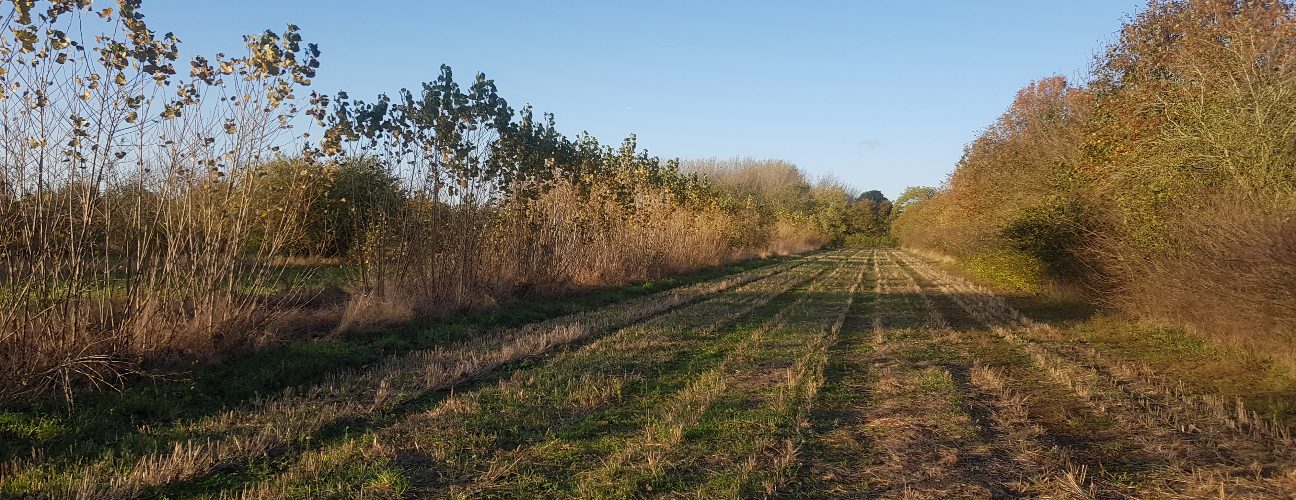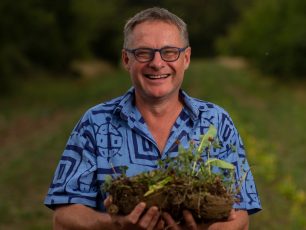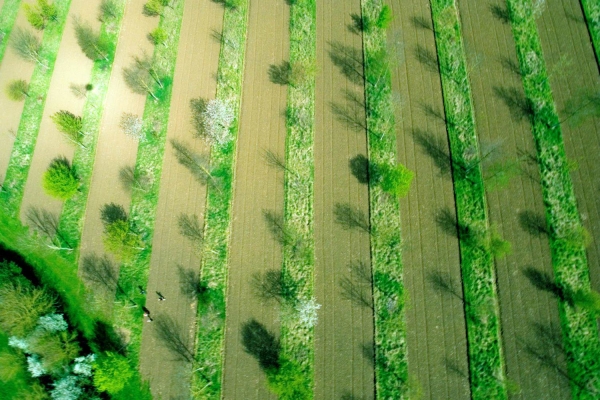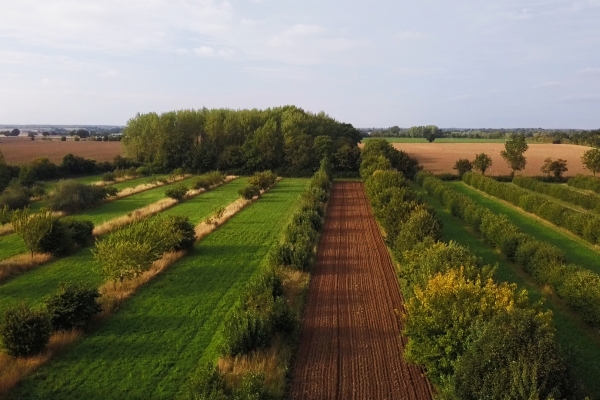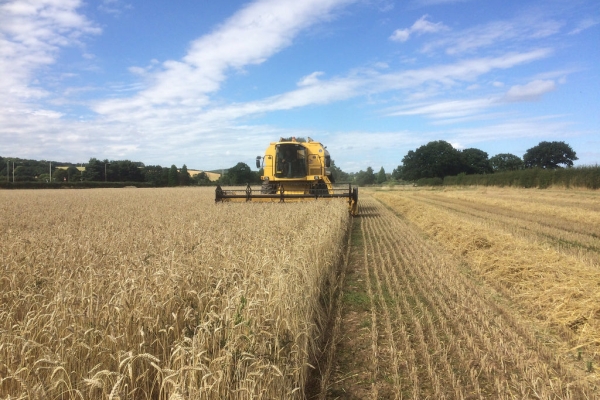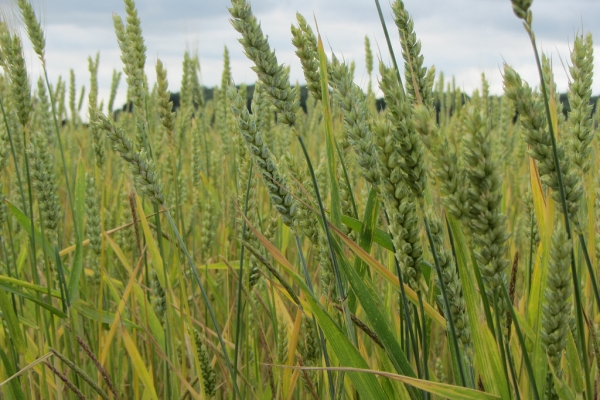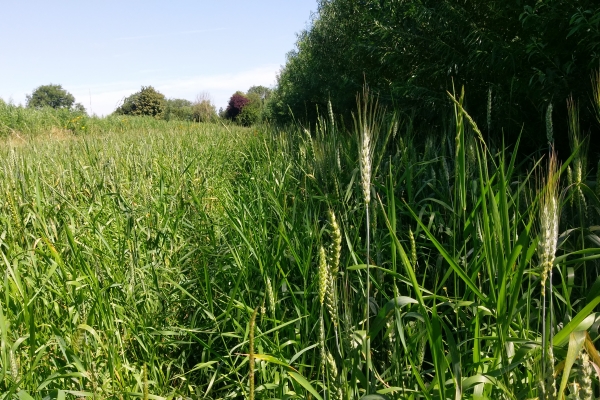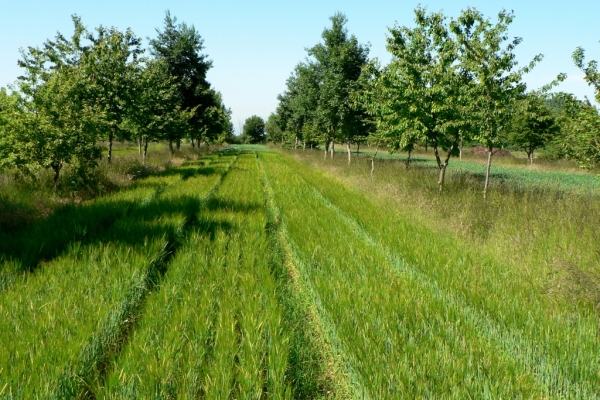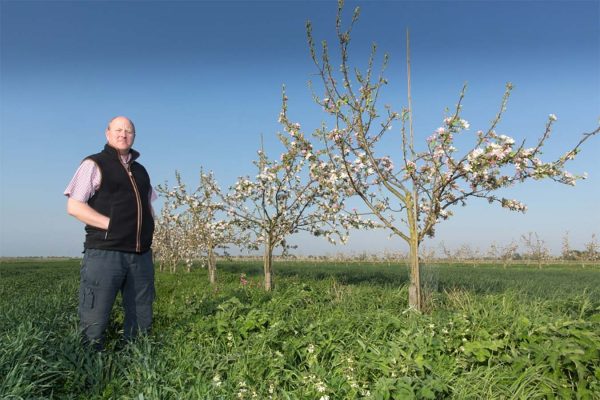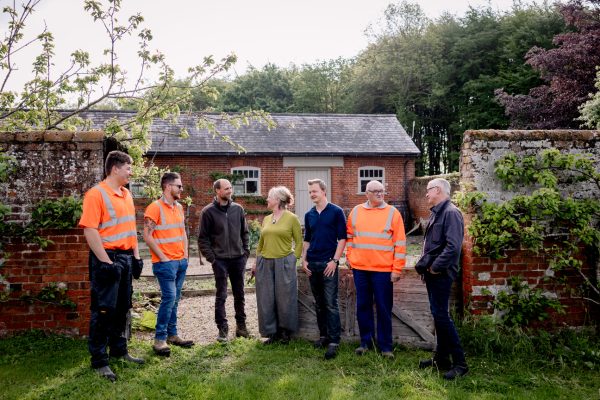Defra says 10% UK arable to be agroforestry by 2050 – come and see what it’s all about over Agroforestry Open Weekend 2023 (19-21 May)
On a farm near you – ‘agroforestry’
In March the Government published its new plan for tackling climate change through reaching net zero by 2050. It commits to 10% of UK arable land being farmed through agroforestry by 2050. Not enough of course, but a good start.
Some farmers though have already made that move, whether starting in the 1990s or only recently – Visit one (or more!) over Agroforestry Open Weekend 2023 and see what it is all about.
“Through agroforestry, the full gamut of benefits trees provide can support a farm’s productive areas, such as improving soil health, providing shade and shelter for livestock, and creating new habitats for birds and insects. Together, these can support the overall resilience of a farming business.” Defra, UK, January 2023
Though it may be a new term for some, ‘agroforestry’ includes traditional practices which in the UK would have included sheep or poultry grazing in orchards, pannage (pigs put into woods to fatten on autumn acorns) or even just trees as shelter belts for crops or livestock.
Modern implementations of agroforestry include more formalised systems of ‘alley cropping,’ with north-south lines of trees separating strips of more conventional agriculture. People who enjoy classifications sometimes refer to ‘silvo-pasture’ – trees with animals, ‘silvo-arable’ – trees with field scale crops, or ‘silvo-horticulture’ – trees with smaller scale horticulture between. In each, the trees may be planted for timber, fruit or biomass production with the trees as much part of the farm output as everything else which is happening in the field. ‘Forest farming’ is a tree-dominated system where the emphasis is on the trees producing the desired crops themselves.
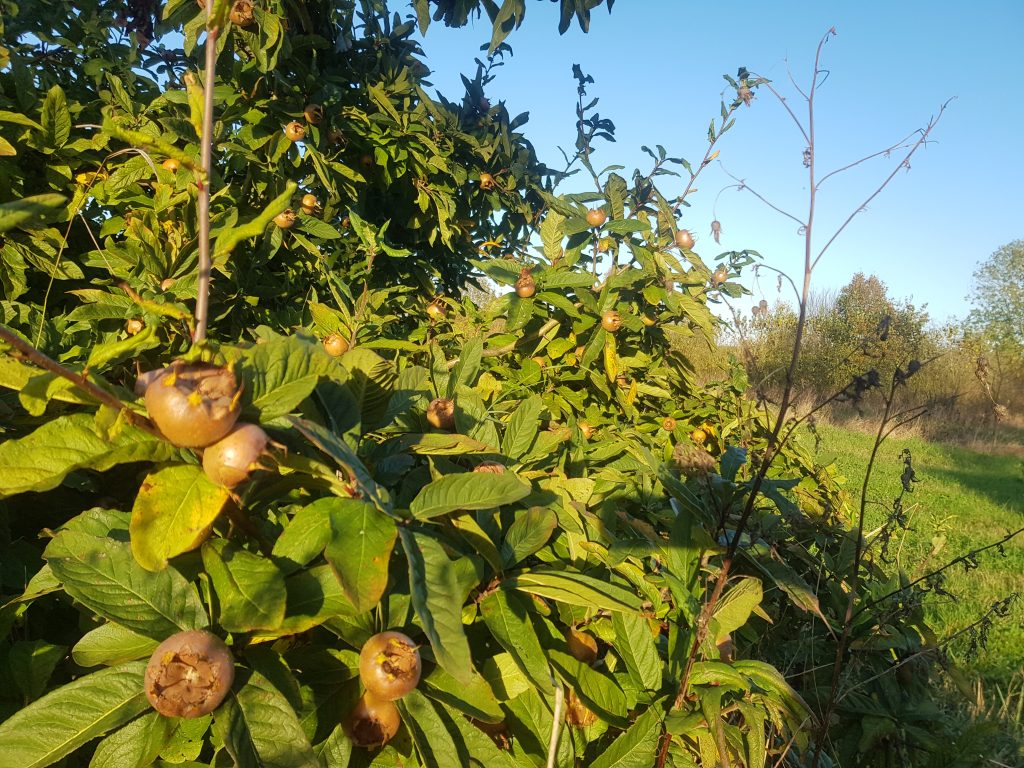
Often, of course, the reality is more complex, with real-world implementations involving combinations or variants of those system types. In all of them though, the additional benefits in carbon sequestration and biodiversity gain from the trees are obvious; with other potential gains including moisture retention, shade benefits, and a reduction in soil erosion and the spread of wind-borne diseases. No surprise then that agroforestry can be an obvious component of a permaculture farming system.
Since the early 1990s, we have seen a renewed interest in agroforestry and in the more modern versions of it, with a recent upsurge in agroforestry planting and its wider public and Government recognition.
Agroforestry Open Weekend 2023
We will showcase some of the farms in the UK and Ireland celebrating their agroforestry planting. Each of them will be open for visitors over the course of the weekend.
May 2021 saw 6 farms with agroforestry planting, all in East Anglia, co-ordinating their opening for visitors over a single weekend at the invitation of the Wakelyns team. For 2023, thanks to additional support from Rosie Venn from Coventry University, we have around 40 farms with agroforestry – across the UK, Ireland and beyond – opening their gates during 19-21 May 2023 in what we hope will be an ever-growing annual event to showcase and celebrate agroforestry.
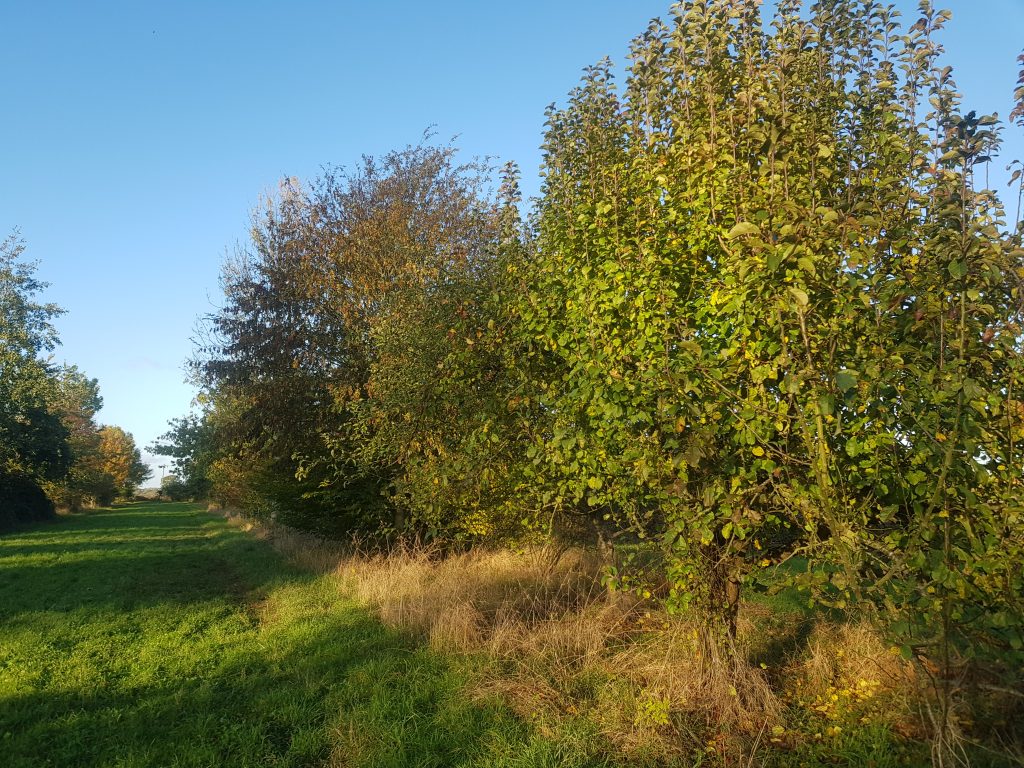
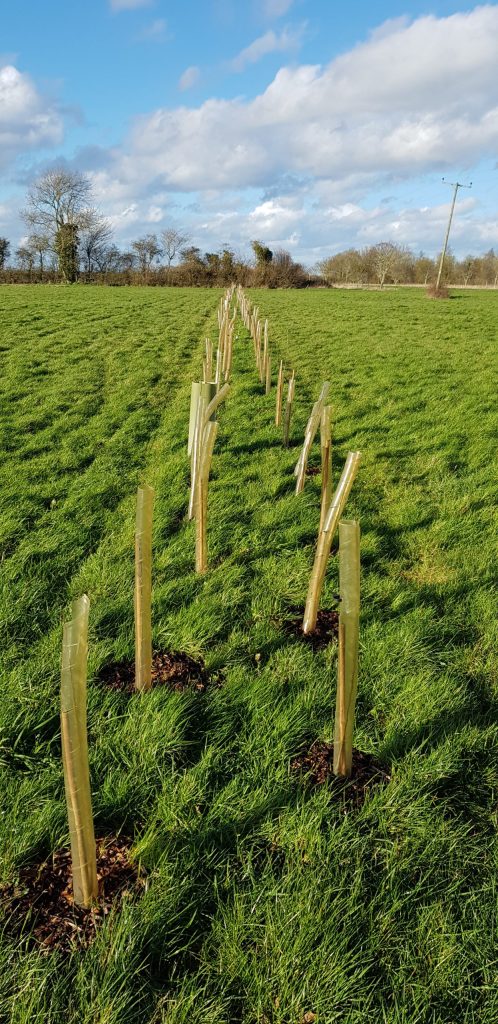
Information about the event and the farms can be found at www.agroforestryopenweekend.org
Everyone is welcome – farmers, growers, environmental activists, researchers, politicians and beyond – but booking (using the information given by each farm on the website) is essential please.
All our participating farms look forward to welcoming you.
https://www.instagram.com/agroforestryopenweekend/
david@wakelyns.co.uk
All images courtesy of David Wolfe. All Rights Reserved
